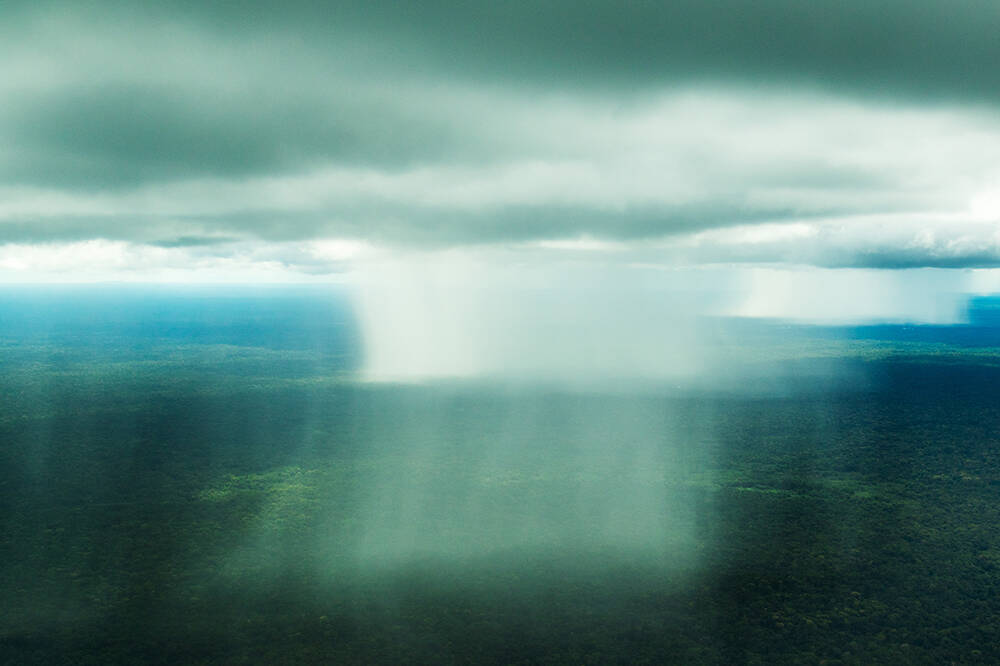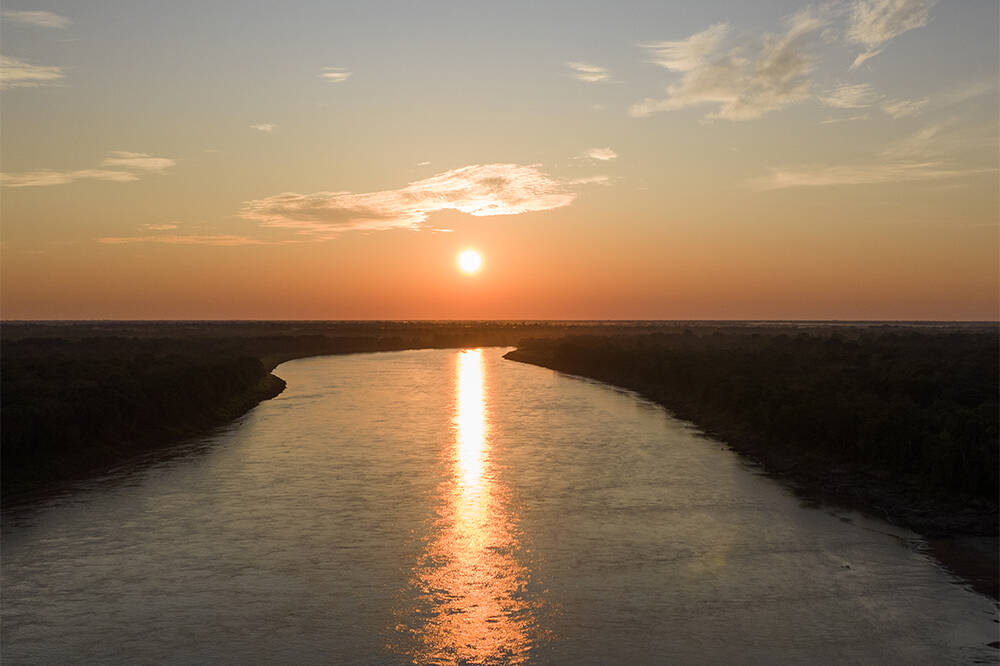While the Indigenous communities of the Colombian Amazon have long histories and for millennia have safeguarded their territories and the environment that sustains them, they are also consolidating and strengthening their resistance to the destruction of the Amazon and expanding their autonomy over their territory today.
The story of the Indigenous people of the Colombian Amazon is a phenomenal one, exemplifying a model of success in sustainability and stewardship when the world desperately needs effective models. Their communities exist and are organized at many levels—like a web they are organizing across the region at many scales.
To meet the challenges, they are organizing into Indigenous Authority Associations with broad-ranging responsibilities for managing and governing their territories. The Apaporis people were key in the creation and maintenance of the Yaigojé Apaporis national park, which is 1 million hectares in size. They work in coalition with Gaia Amazonas and other Indigenous communities across international borders with the North Amazon Alliance where 100 million hectares of protected and Indigenous territories comprise the largest preserved continuum of tropical forest in the world.
They are organized nationally in Colombia (OPIAC) and at the international level (COICA) and in 2014 the Asociación de Capitanes Indígenas de Yaigojé Apaporis won the prestigious UNDP Equator prize for succeeding in protecting a substantial area of forest and putting natural resource management in the hands of resident indigenous communities. The association focuses on traditional land management practices that balance the economic needs of forest-dependent communities with ecosystem restoration and wildlife conservation concerns.
The Colombian constitution recognizes the rights of Indigeous peoples and their territories and the Colombian courts have been quick to defend Indigenous rights when outsiders have attempted to subvert them. Still, the challenges persist.
And Canadians value the Indigenous leadership, believing it to be the only way to successfully safeguard the Amazon and avert a total climate crisis.
Canadians overwhelmingly support the rights of the Amazon’s Indigenous people and believe that their human rights must be respected and that they must be properly consulted before companies begin any type of work in their territories in the Amazon.
In fact, 84% of Canadians think that Canadian mining companies need to consult meaningfully with Indigenous communities there and to get their approval before beginning work, and that respecting the human rights of Indigenous people in the Amazon is a main reason why Canada needs to regulate the activity of Canadian mining companies operating there. And when asked, 8 out of 10 of Canadians believe that when Canadian companies do wrong, the people from the affected territories should have the right to sue those companies in Canadian courts, which is currently almost impossible.
Indigenous peoples in the Amazon region have the right and the authority to decide what occurs in their territories. Indigenous peoples’ daily practices contribute to protecting the Amazon. Indigenous governments are recognized, and have power in the Amazon today - they are organized at many levels and are pushing for local, regional and international solutions to the threats to the forest. Indigenous peoples should be consulted and included in processes internal to Colombia related to Indigenous Territories and to conservation of the Amazon rainforest. And before projects proceed, mining companies must have the consent of affected Indigenous authorities.





